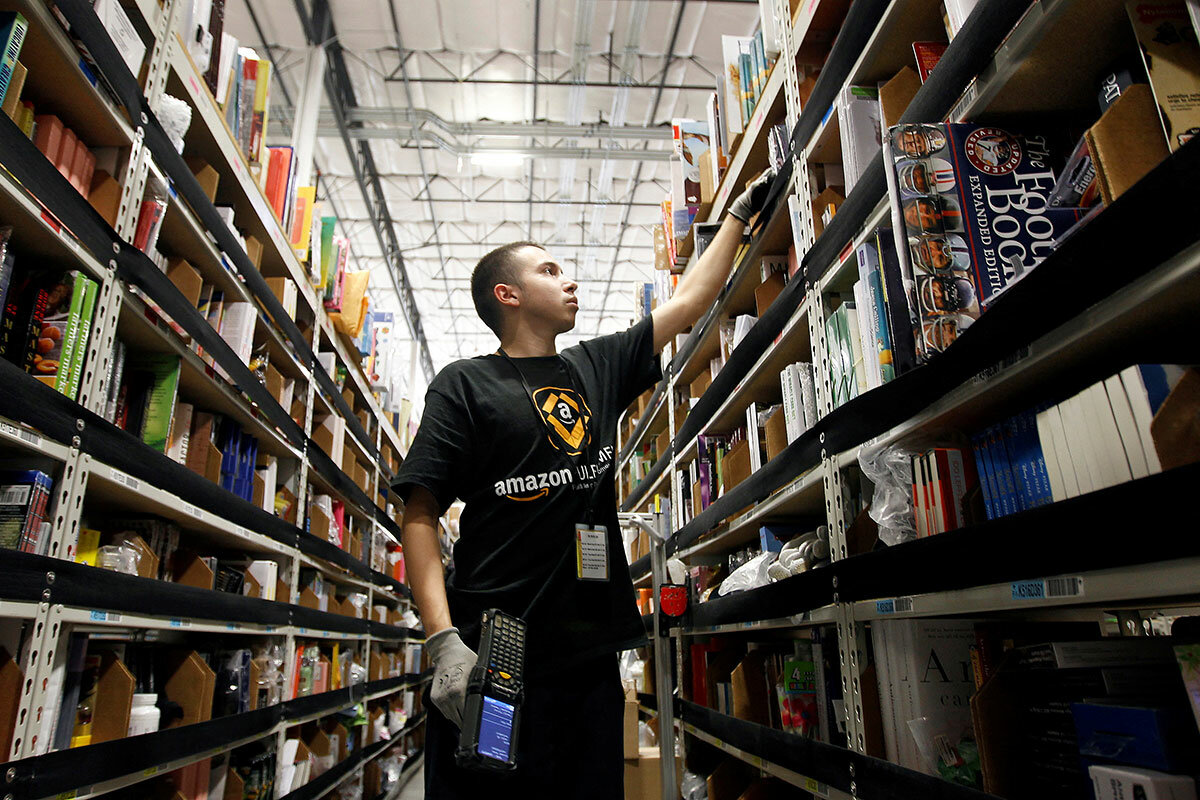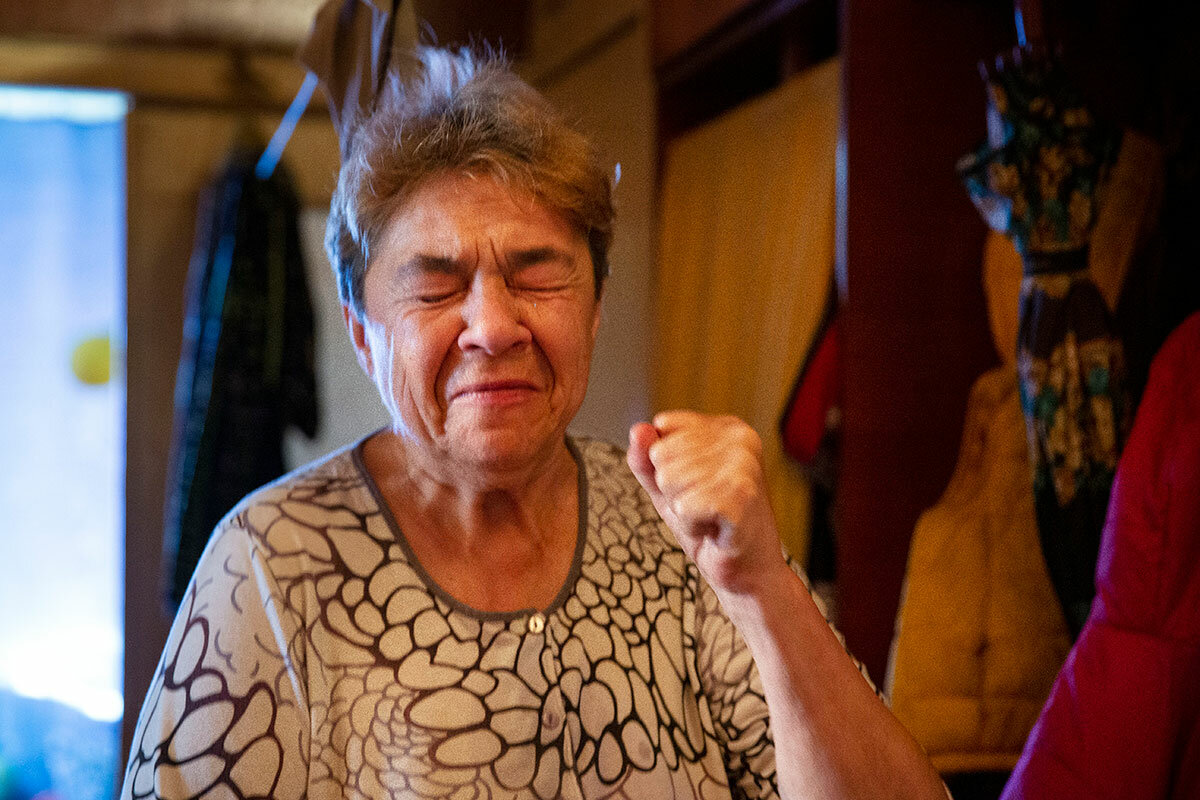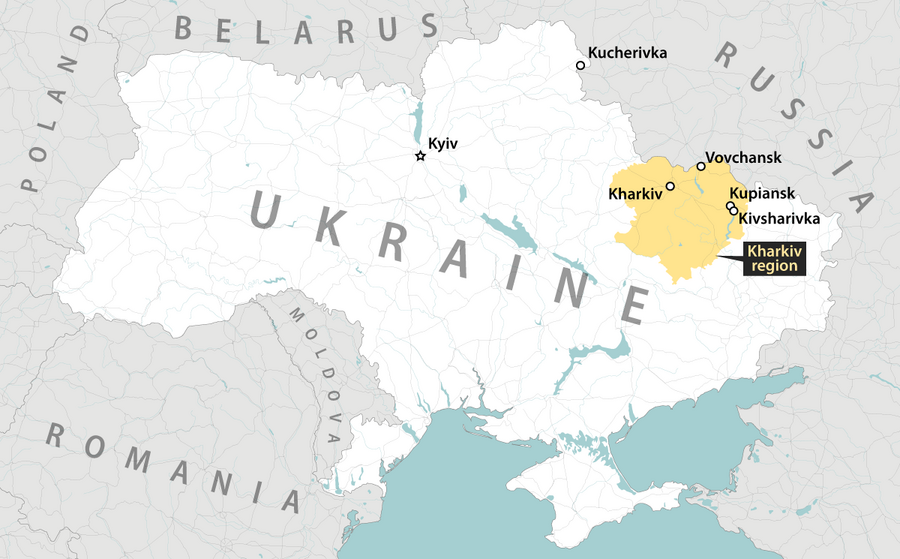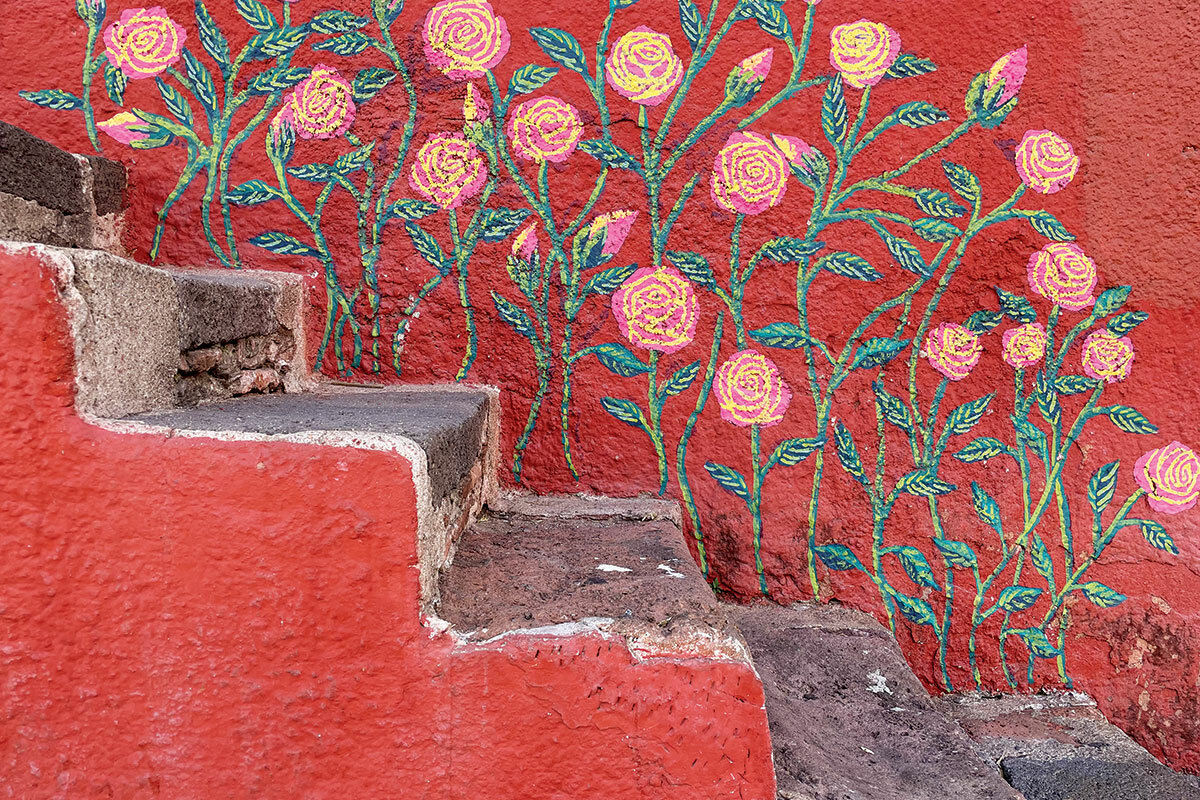As the “people’s house” searches for a new speaker, one challenge is that the need for leadership is paired with pressure from an anti-establishment Republican base “more willing to blow up the place,” as one analyst puts it.
Monitor Daily Podcast
- Follow us:
- Apple Podcasts
- Spotify
- RSS Feed
- Download
 Ken Makin
Ken Makin
Labor protests have been practically impossible to ignore during the past few months. Earlier this summer, while vacationing in California, I saw striking actors and writers near Universal Studios in Hollywood and in front of Comic-Con in San Diego.
Yet even with increased labor activity, there was still a recent occurrence that hit me like a lightning strike. The Instagram account of the Union of Southern Service Workers, fittingly named @raiseupthesouth, posted video testimonials from Waffle House workers in Orangeburg, South Carolina. The town, home to historically Black South Carolina State University, is near and dear to my heart as where my parents met.
The workers’ demands included a safety plan to address a spate of fighting at Waffle Houses, an end to paycheck deductions, and a call for $25 an hour for all workers, cooks, and servers. But what really warmed my heart was the boldness and diversity of the employees.
John Schuessler, a white worker with distinctive pink hair, recalled the time an angry customer had a handgun in her waistband. “I am striking,” declared Keath Brown, an African American male. “We believe that all workers deserve dignity, respect, and an opportunity to build a better future for ourselves and our families.”
The video reminded me of a lesser-known speech from Martin Luther King Jr.: “All Labor Has Dignity.” Three years removed from the popularization of the term “essential worker,” our society has an opportunity to more deeply understand and revive Dr. King’s narrative.
“Whenever you are engaged in work that serves humanity and is for the building of humanity, it has dignity, and it has worth,” Dr. King said less than a month before he was assassinated.
That messaging transcends location, race, and gender – and hit home this summer in a Waffle House a few miles from my front door.











